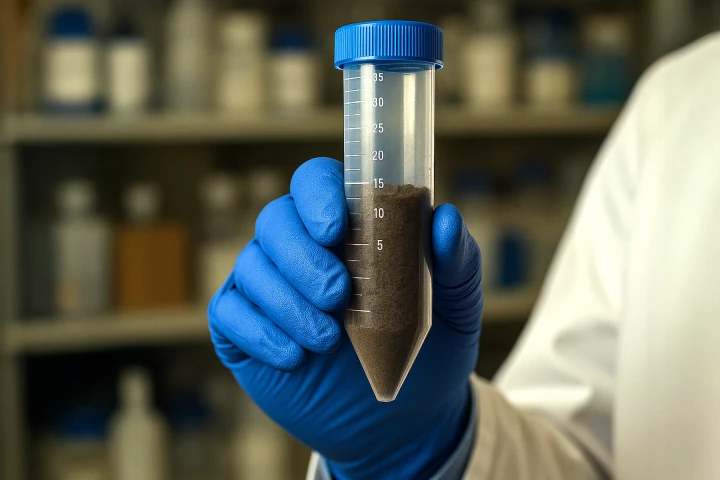Microbes
-
A small daily dose of kombucha made from black tea has been shown to meaningfully reshape the gut microbiome in adults – particularly those with obesity – without any dietary changes. It also reveals a lot about the importance of micro-biodiversity.
-
A new study from scientists at Michigan State University sheds light on a recently discovered microbe and its potential for scavenging pollutants in deep soil. Further work could lead to novel solutions in providing clean drinking water worldwide.
-
Even without noses, octopuses are able to determine which food sources are good to eat and which have gone past their prime simply by touching them. The secret, says a new study, lies with surface microbiomes and some very sensitive suckers.
-
Researchers have found an indication of depression in a slightly unexpected place – the microbiome inside our mouths. The finding opens a new route of inquiry that could lead to novel antidepressant treatments and help other ailments as well.
-
If you're going to try "tattooing" a microscopic animal, it would make sense to select one of the toughest creatures on the planet. That's what scientists have done with the tardigrade, and the tech they used may have some valuable applications.
-
A rice wine native to the Philippines has grabbed the attention of researchers looking into new, natural ways to slow biological aging. But it's not the wine itself – sorry – in the spotlight, but what's leftover after the liquid is ready to bottled.
-
Everybody from NASA to David Bowie has wondered if there’s life on Mars – and now we might have a precise place to look for it. A new Caltech study has shown that photosynthetic microbes could thrive in a small habitable zone beneath the ice.
-
It's super-sustainable, easily made and nutrient-dense. And it puts all other food production to shame. Now, the first air-protein factory is open. It's the food of the future, and soon a $100 million industry – but will you be putting it on your plate?
-
It may not be to everyone's taste, but kombucha tea may be able to deliver the benefits of fasting, without the hardest part – the fasting. Its yeast and bacteria altered fat metabolism, without any other dietary changes, resulting in lower fat stores.
-
We might find alien life as soon as 2030, suggests a new study. A lab experiment has shown instruments on a spacecraft headed to one of the most promising worlds to find life are sensitive enough to detect a single living cell in a single ice grain.
-
Using an AI-based approach, researchers found a better way to create the drug galantamine, commonly prescribed to people suffering from Alzheimer's and other forms of dementia. The fermentation-based technique could boost the drug's availability.
-
Our bodies are home to trillions of microbes, including bacteria, viruses, fungi, and a whole host of others. Now, Stanford scientists have discovered an entirely new class of biological entities inside us, which they’ve ominously named “Obelisks.”
Load More











